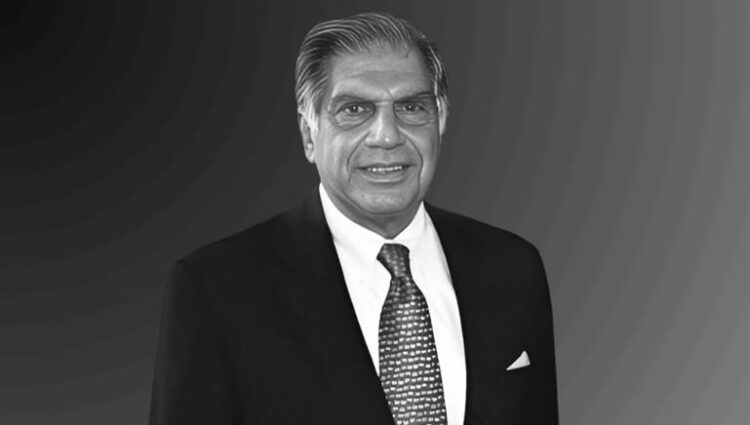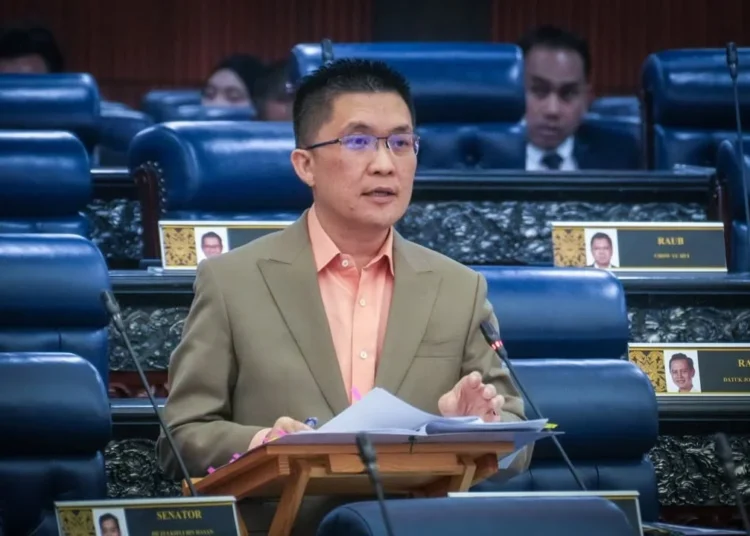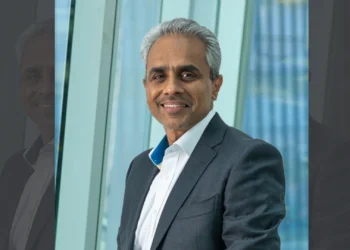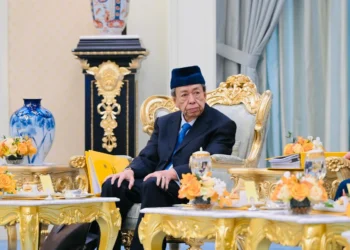Ratan Tata, the former chairman of Tata Group who transformed the traditional Indian conglomerate into a global powerhouse through a series of notable acquisitions, has passed away at the age of 86, the Tata Group announced in a statement late Wednesday. Ratan Tata had been hospitalized at Mumbai’s Breach Candy Hospital since Monday after experiencing a sudden drop in blood pressure. He was in critical condition in the intensive care unit.
The Tata family shared the news of his passing on Tata Group’s X account, stating, “As his brothers, sisters, and family, we find comfort in the overwhelming love and respect from all those who admired him. Though he is no longer with us physically, his legacy of humility, generosity, and purpose will continue to inspire generations to come.”
— Tata Group (@TataCompanies) October 9, 2024
In his official statement, Tata Sons Chairman N Chandrasekaran described Ratan Tata as an “exceptional leader whose immense contributions shaped not only the Tata Group but also the very fabric of our nation.” Chandrasekaran added that Tata was more than just the group’s chairman; he was also a “mentor, guide, and friend” to him.
Indian Prime Minister Narendra Modi described Ratan Tata as a visionary business leader, a compassionate individual, and an extraordinary human being in a message on the social media platform X. “I am deeply saddened by his passing. My thoughts are with his family, friends, and admirers during this difficult time,” he expressed.
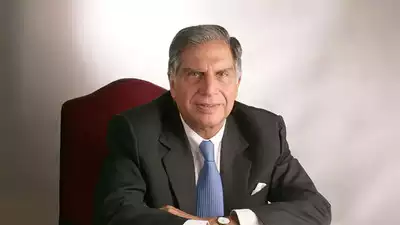
Ratan Tata, a visionary leader and notable philanthropist, served as chairman of Tata Sons—the holding company of the Tata Group— from March 1991 until December 2012. Under his leadership, the salt-to-steel conglomerate reached unprecedented heights. As of March 31, 2024, the Tata Group is valued at over $365 billion (approximately Rs 30.7 lakh crore), a testament to his transformative impact.
After earning a degree in architecture from Cornell University, Ratan Tata returned to India and, in 1962, joined the family business founded by his great-grandfather nearly a century earlier.
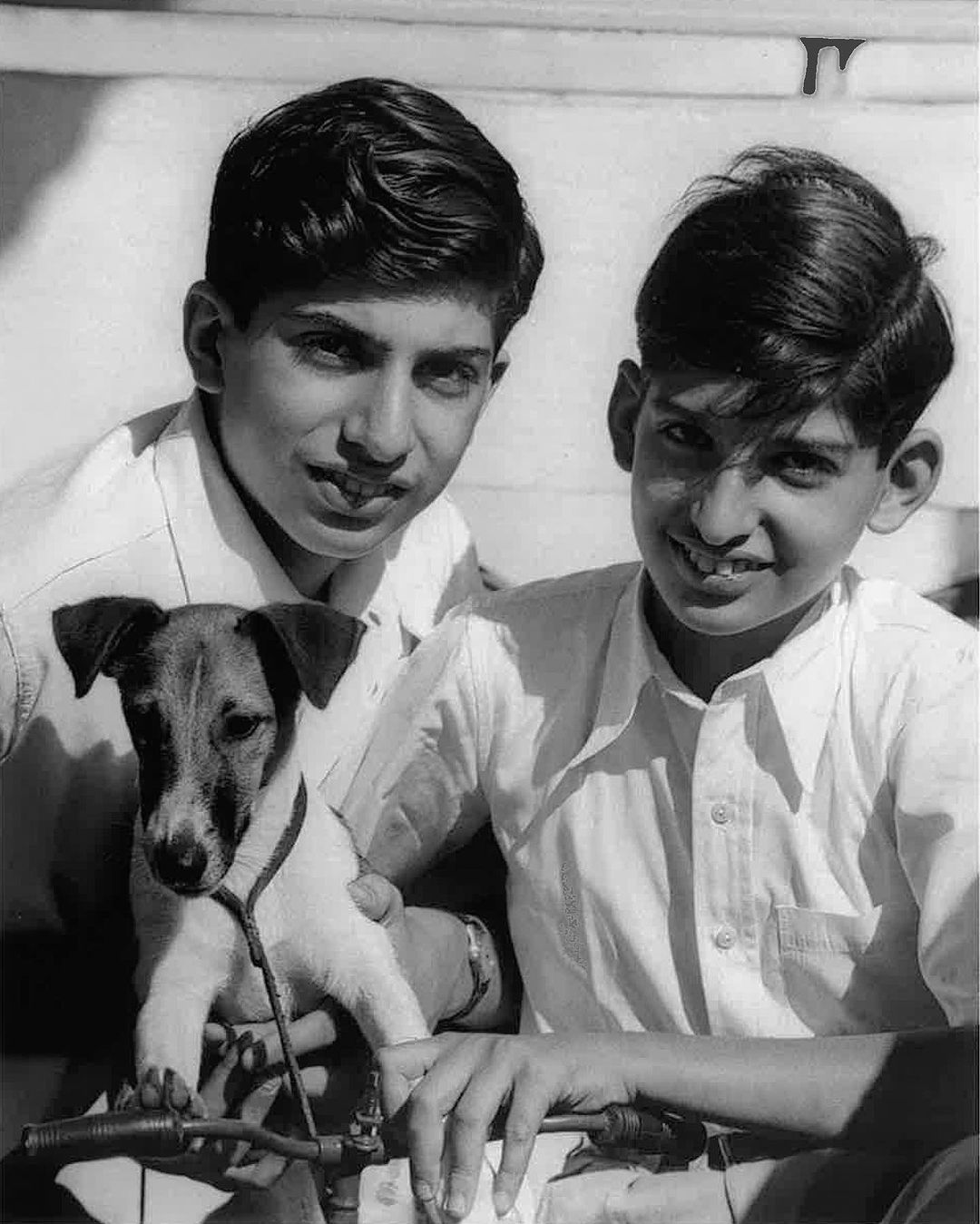
He gained experience working in various Tata companies, including Telco, now known as Tata Motors Ltd, and Tata Steel Ltd. He made a significant impact by turning around the fortunes of National Radio & Electronics Company, reducing losses and expanding its market share.
In 1991, Ratan Tata assumed leadership of the conglomerate when his uncle, JRD Tata, stepped down. This transition occurred at a pivotal time, just as India was implementing sweeping economic reforms that opened the country to the global market and sparked a period of rapid growth.
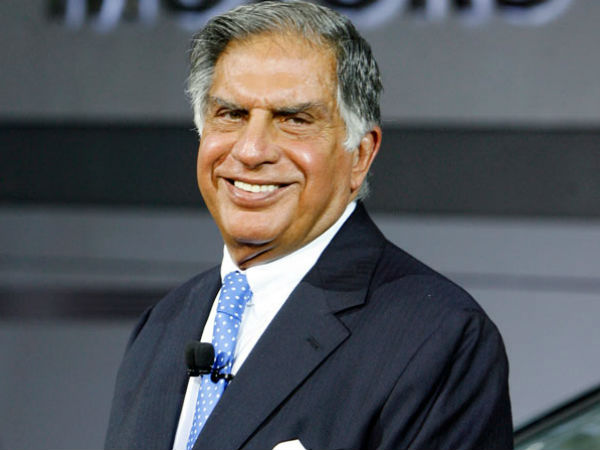
One of his early actions as chairman was to assert greater control over the Tata Group by introducing retirement policies for company heads, promoting younger talent to senior roles, and tightening oversight across the group’s companies.
In 1996, he established Tata Teleservices, a telecommunications company, and in 2004, took Tata Consultancy Services (TCS), the group’s most profitable company, public. However, to achieve sustained growth, the Tata Group recognized the need to expand its horizons beyond India.
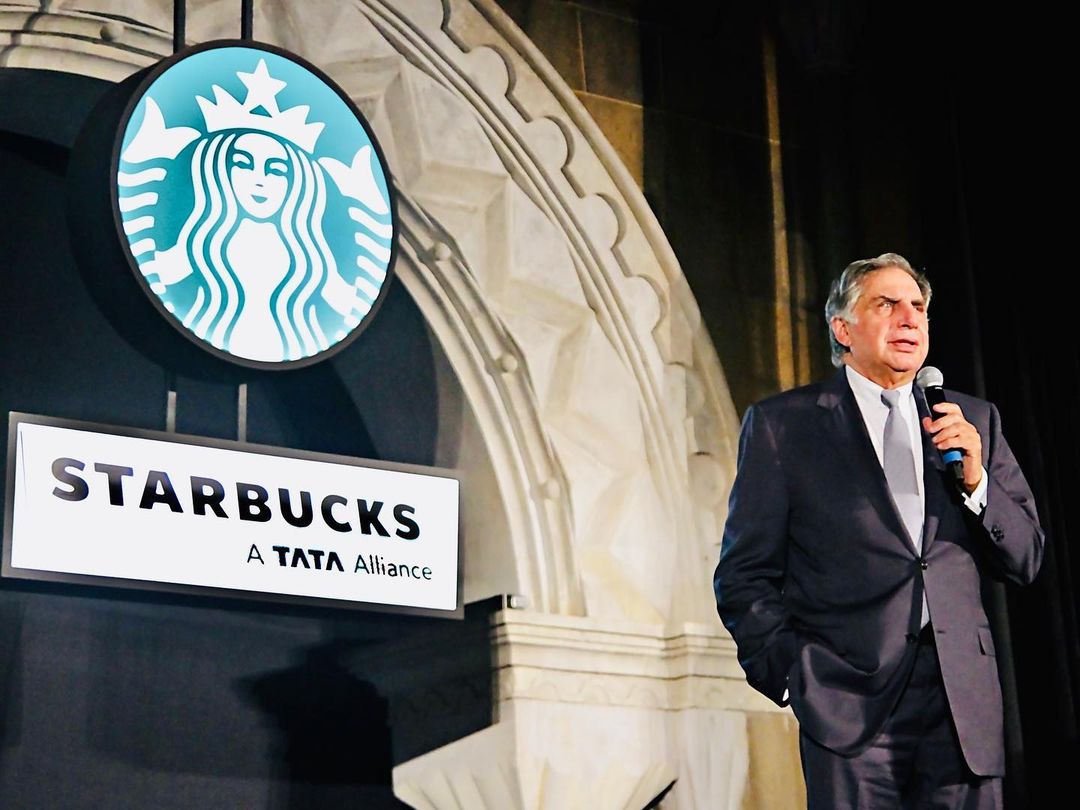
In 2000, the Tata Group acquired British tea company Tetley for US$432 million, followed by the purchase of Anglo-Dutch steelmaker Corus in 2007 for US$13 billion—at the time, the largest foreign acquisition by an Indian company. In 2008, Tata Motors secured British luxury car brands Jaguar and Land Rover from Ford Motor Co. for US$2.3 billion.
Among Ratan Tata’s key initiatives at Tata Motors were the Indica, the first car fully designed and manufactured in India, and the Nano, promoted as the world’s most affordable car. Tata even contributed initial sketches for both models.
While the Indica achieved commercial success, the Nano, priced at just 100,000 rupees (approximately US$1,200), struggled with early safety concerns and poor marketing, ultimately leading to its discontinuation a decade after its launch, despite being part of Tata’s vision to create an affordable vehicle for India’s masses.
A licensed pilot, Tata would occasionally fly the company’s plane. He remained unmarried throughout his life and was known for his quiet demeanor, simple lifestyle, and extensive philanthropic contributions. Notably, about two-thirds of Tata Sons’ share capital, the group’s holding company, is owned by charitable trusts.
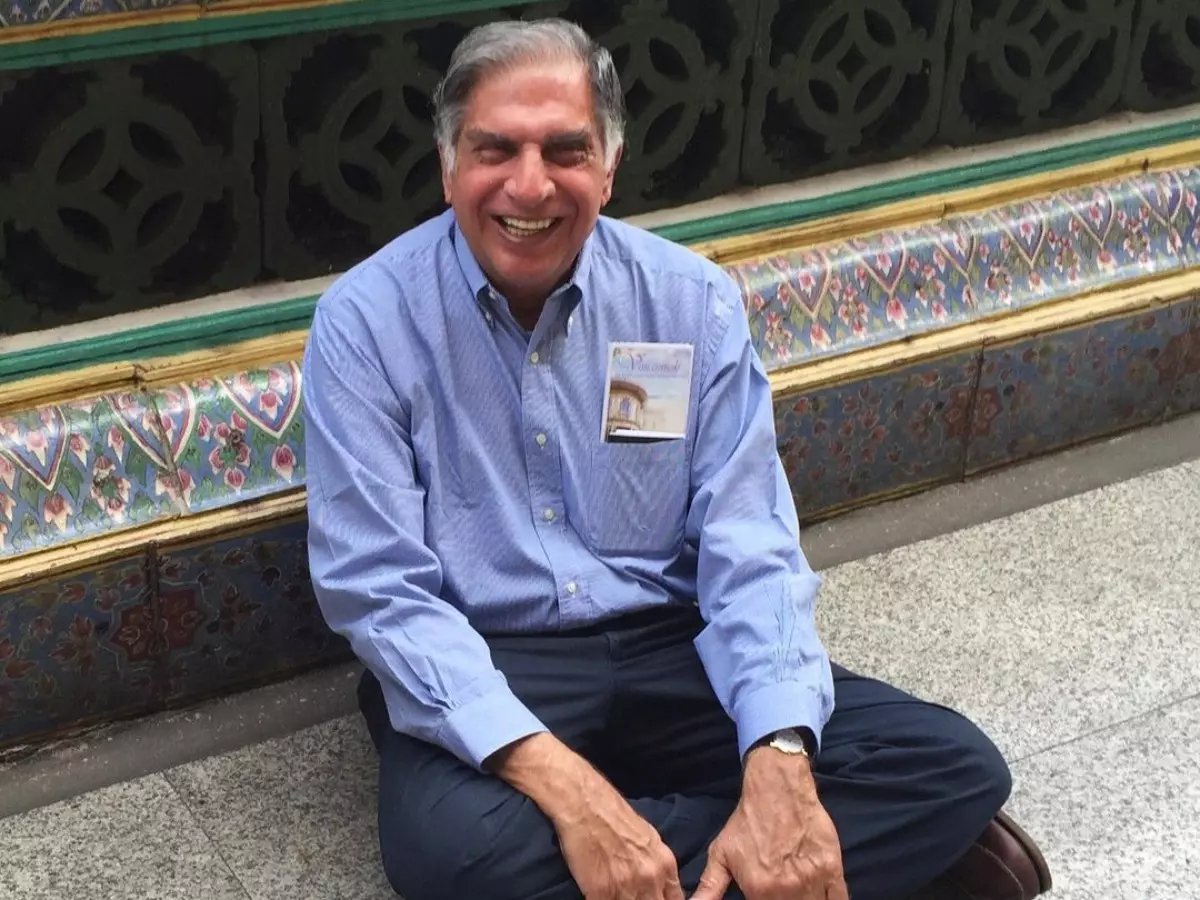
After stepping down from leadership at the Tata Group, Ratan Tata gained recognition as a prominent investor in Indian startups. He supported a wide range of companies, including digital payments platform Paytm, Ola Electric—a subsidiary of the ride-hailing service Ola—and Urban Company, which offers home and beauty services.
Throughout his illustrious career, Tata received numerous accolades, including the Padma Vibhushan, India’s second-highest civilian honor, in 2008 for his outstanding contributions to trade and industry.
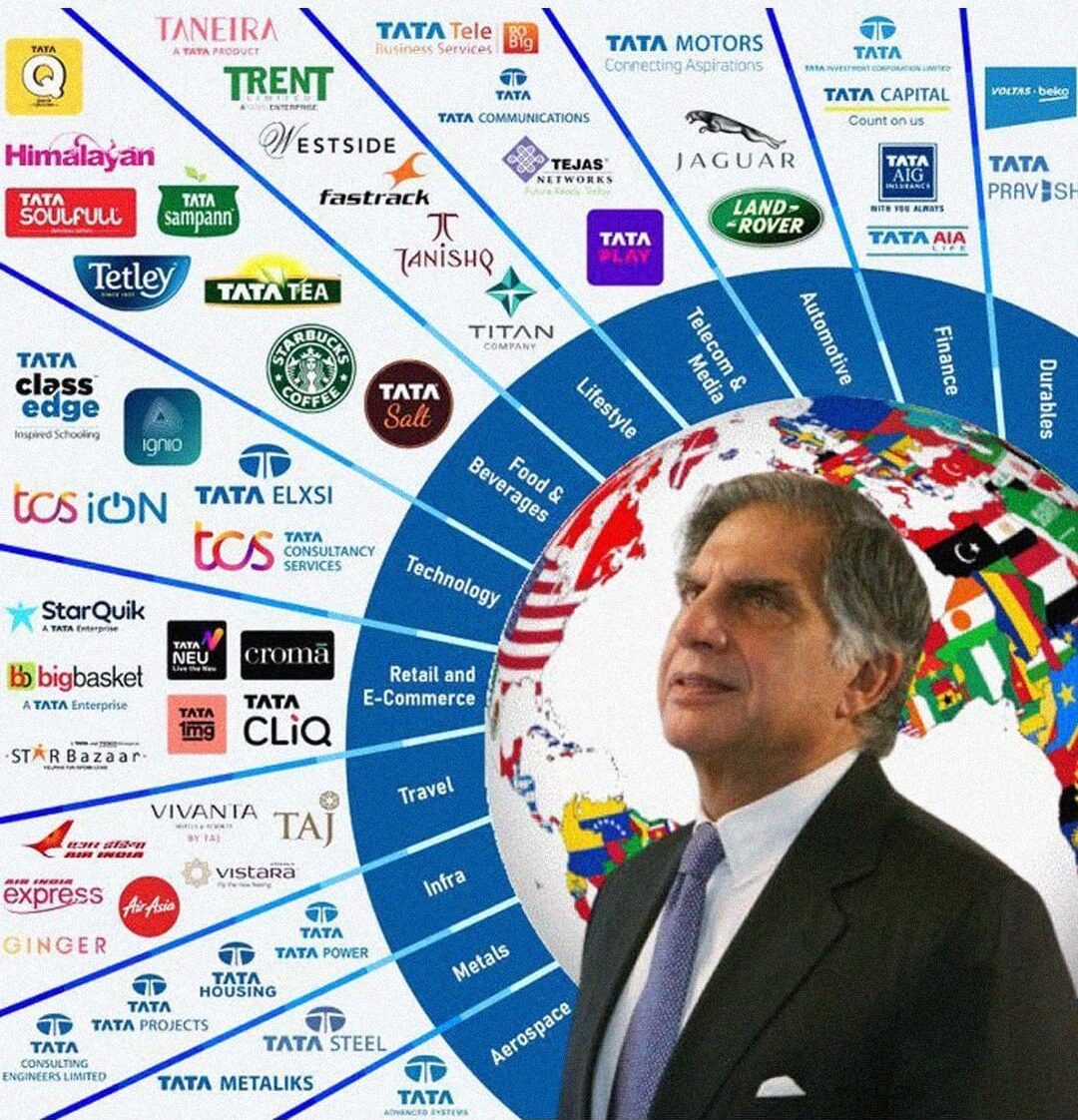
The world has lost a remarkable visionary and a giant of industry with the passing of Ratan Tata. His transformative leadership not only elevated the Tata Group to global prominence but also shaped the future of Indian business. Beyond his immense corporate achievements, he will be remembered for his humility, compassion, and unwavering commitment to philanthropy. Ratan Tata’s enduring legacy will continue to inspire generations, both in India and across the world, as a symbol of leadership with purpose, integrity, and heart.
Source: News18, Free Malaysia Today
Follow us on Instagram, Facebook or Telegram for more updates and breaking news.


